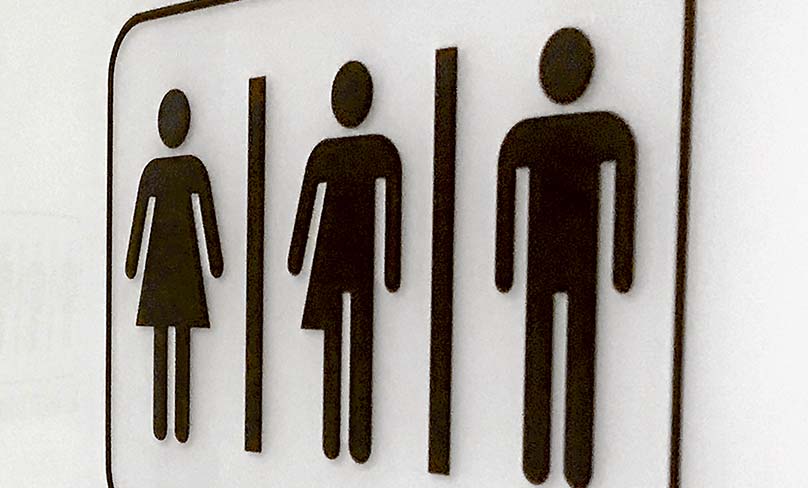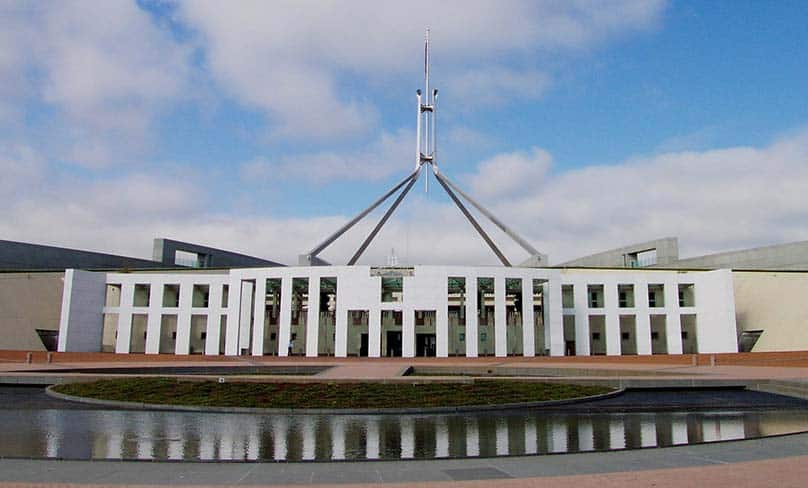
Religious schools may again be under threat from proposed changes to the Sex Discrimination Act when the Commonwealth Parliament resumes on 11 February. In mid-December last year, the Greens, Labor and the Coalition almost passed amendments that would have removed protections currently provided to religious schools.
Prime Minister Morrison’s initial commitment was to only amend laws to remove the ability to dismiss students because they are same-sex attracted or experiencing gender dysphoria. If the amendment had been limited to this change it would have received widespread support including from religious leaders.
Greg Craven, the Vice Chancellor of Australian Catholic University, for example, rejected the ‘vile suggestion that faith-based schools are demanding the right to expel gay or transgender students’ stating that ‘No one supports it. Australian Christians as a bloc would oppose it, precisely as a matter of faith’.
However, the proposed amendments went much further than this.
If the amendments had passed, religious schools would no longer have been able to deny admission, impose a detriment or withhold access to a benefit to students on grounds protected by the legislation.
Under these changes a 16 year old boy with gender dysphoria could instruct his religious school that he is now a girl and that the school must ensure his new gender is recognised by allowing the use of a different name, gender pronoun and uniform. A refusal to do so would likely result in a finding against the religious school for imposing a detriment on him on the basis of gender identity.
See related story: Calls for Religious Discrimination Act
Alternatively, if he wanted to transfer to an all-girls religious school it is unlikely that the school could lawfully decline his admission or prevent him from accessing female change rooms and dormitories or competing in female-only sporting events.
The changes could also limit the ability of religious schools to teach a traditional understanding of sexual ethics or that gender is determined by biology not emotions.
Teaching these doctrines may amount to imposing a detriment on students on the grounds of sexual orientation or gender identity. Similarly, a refusal to allow programs promoting gender fluidity to run in schools may be unlawful for limiting access to a benefit on the grounds of gender identity.
A further problem is the amendments would also remove protections from religious tertiary institutions and religious organisations. The uncertainty regarding the operation of the changes even led to predictions that the amendments could jeopardise the legality of Bible study organisations operating on Church premises.
Due to an inability to agree on some minor details the amendments were not enacted.
However, the issue will be back on the agenda this year. It has been referred to the Australian Law Reform Commission with their report due in June (a convenient time for the Coalition considering the federal election will likely be in May). Despite this there is no guarantee that the Greens, Labor and the Coalition will not again try to remove the protections when Parliament resumes next month.

Even if this does not happen it can be guaranteed that the issue of how religious schools should be regulated will be a central focus of Parliament after the election.
It is important to note that those opposed to these amendments are committed to ensuring the welfare of all students at religious schools including those who are same-sex attracted or experiencing gender dysphoria.
This commitment is clearly indicated by the many public statements expressing care for all students at religious schools from religious leaders, principals and other members of religious communities.
The supportive environment of religious schools is also supported by the difficulty advocates of the amendments have had in producing evidence that indicates students are being treated unjustly.
The attempt to remove the protections so that religious schools are forced to violate their religious commitments is profoundly unjust. The right to equality is often used to support the proposed changes but international human rights instruments make it clear that the right to equality also protects religion. Therefore, any law that unfairly regulates religious schools should be regarded as undermining, rather than upholding, the right to equality.
The amendments can also be criticised for violating religious liberty, parental rights, the rights of children, freedom of association and the government’s commitment to multiculturalism.
It is critical that those who are committed to religious schools take a public stand against the attempts to remove the protections that are provided under the Sex Discrimination Act.
Anyone concerned about these proposed changes should contact their local MP and the Senators in their State to express their concerns about these unjust amendments. Concerned citizens should also ensure that they direct their vote to political parties committed to protecting religious liberty.
